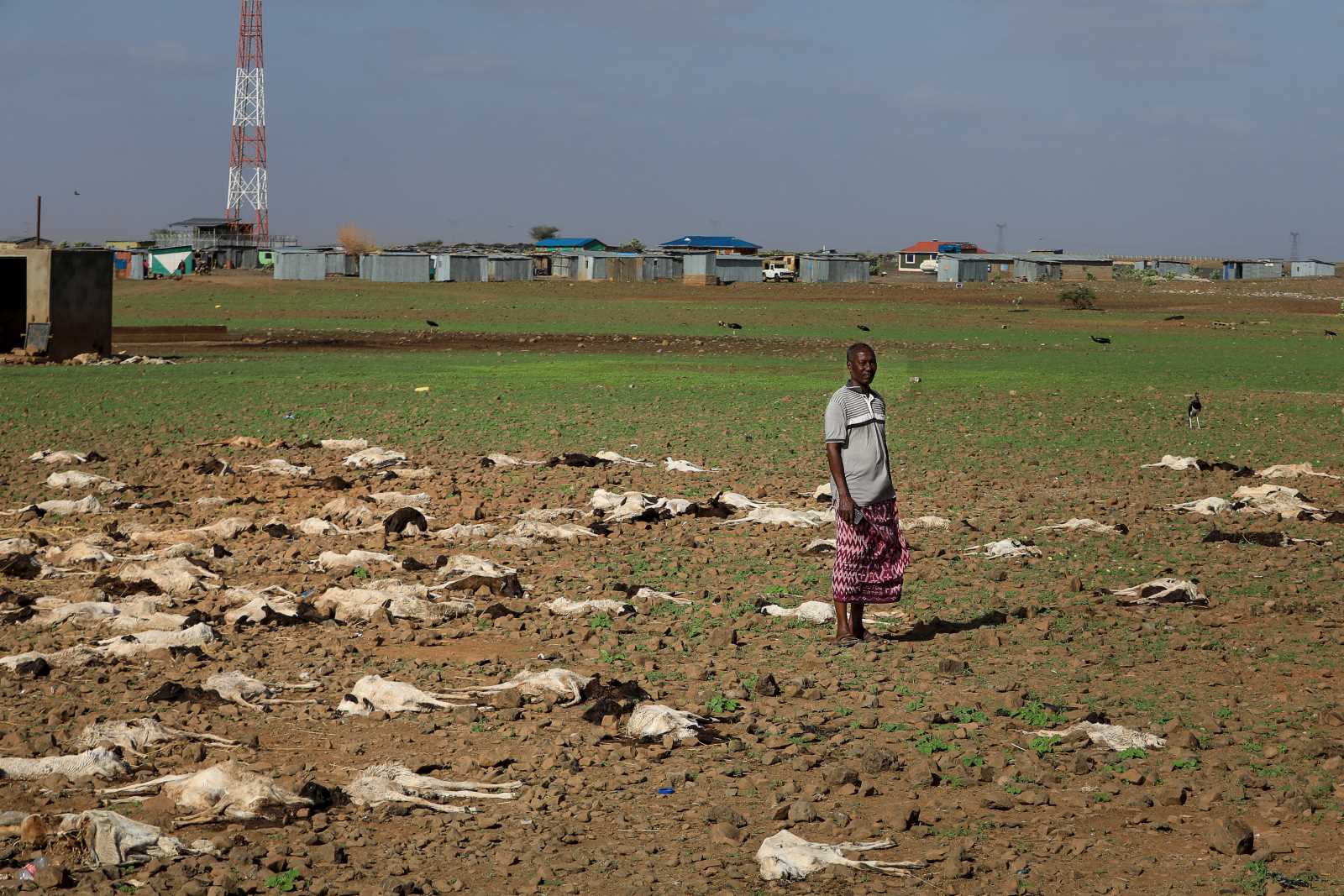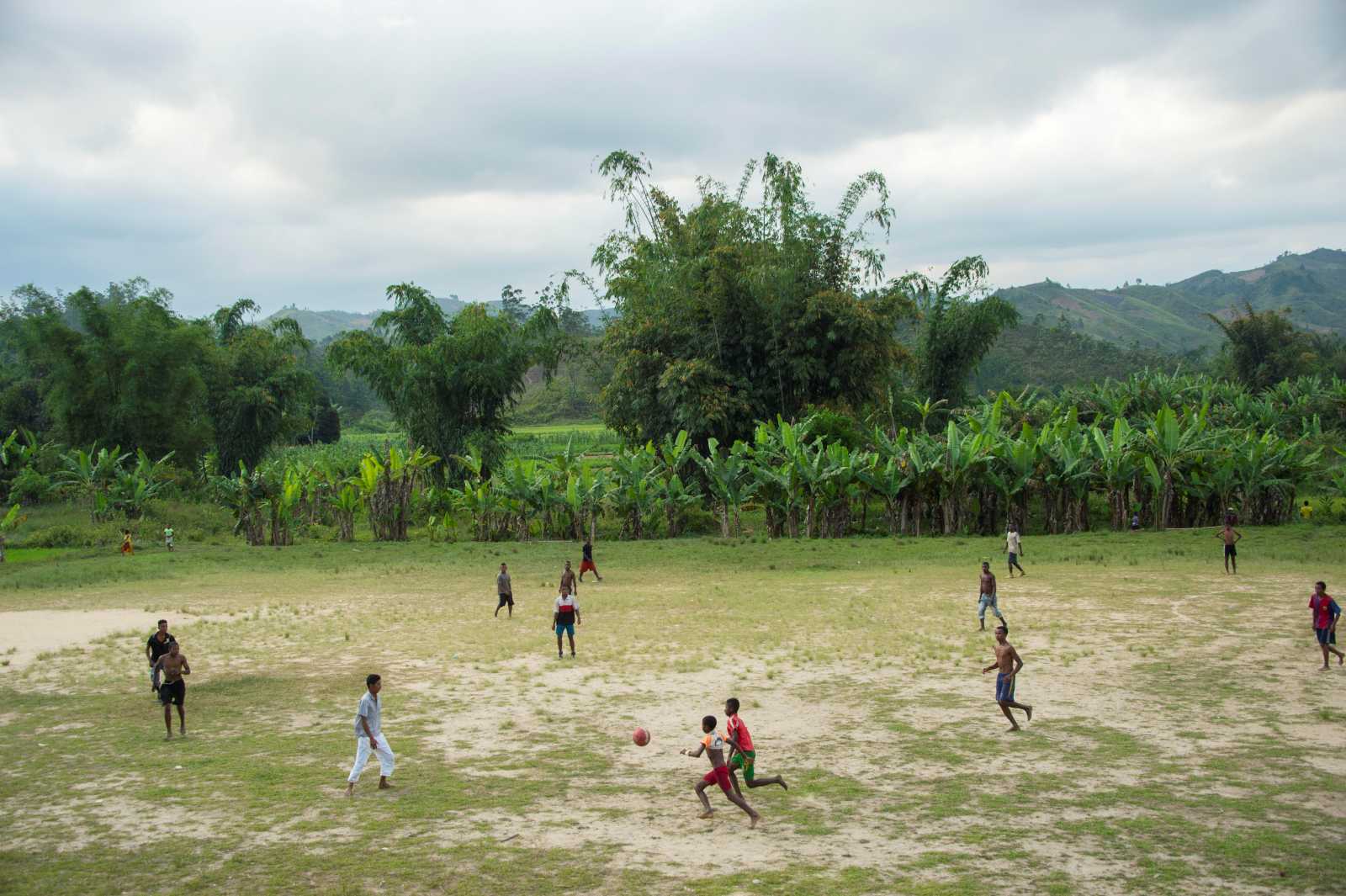Global trends
Around the globe, inequality regarding happiness is deepening

The pursuit of happiness is a constant endeavour, but what happiness means exactly varies. It depends on a person’s stage of life, socio-economic status and demographic position.
The World Happiness Report 2024 (WHR) sheds light on related issues. The report is an annual exercise that involves Gallup, the Oxford Wellbeing Research Centre and the UN Sustainable Development Solutions Network as well as different scholars who are the publication’s co-authors. The first one was published in 2012.
This year’s HWR analyses links between life satisfaction and age, takes into account regional dynamics and socio-political factors. It also presents a global ranking of countries and assesses global trends.
Scandinavian nations maintain their top rankings. Generally speaking, happy nations are marked by holistic, people-centred policies. They provide strong social protection, low corruption, economic stability, work-life balance and a focus on citizen well-being, creating environments where individuals can flourish. Since the years 2006 to 2010, Central and Eastern Europe have shown the largest happiness improvements, while South Asia and the Middle East have seen declines. North America has experienced a notable drop in youth happiness. Afghanistan ranks in the last place.
The scholars use six key factors to model national happiness: GDP per capita, healthy life expectancy, the level of social support individuals enjoy, freedom to make life choices, generosity of a persons’ social environment and freedom from corruption. Globally, social protection is strongest in the high-income countries of Western Europe, Australia and New Zealand. It is lowest in South Asia.
Income and health have obvious impacts on happiness. However, they do not fully explain emotions. Social variables are very important, according to the WHR. Whether people have political freedom and the financial opportunities to make choices matters very much. Accordingly, social environments with strong support and low corruption further enhance happiness.
The WHR notes that what they call “happiness inequality” has grown in the past 12 years, only remaining steady in Western Europe. Divergences in regard to life satisfaction have increased in all age groups, but tend to be greater among older age groups. They are particularly evident where other social disparities are pronounced too. As the gaps between privileged and disadvantaged people have grown in Latin America, Southeast Asia and sub-Saharan Africa, so did happiness inequality. Western Europe has lowest disparities across all age groups. Generally speaking, greater happiness equality is associated with higher overall well-being, highlighting the importance of income, education and social protection.
A core topic of the WHR is how happiness changes with age. In particular, it considers the situation of two vulnerable social groups. One is children and adolescents, the other is the elderly. In high-income nations, life satisfaction among adolescents has been declining in recent years, and girls were affected in particular. Covid-19 exacerbated the downward trend.
Internationally, youth aged 15 to 24 nonetheless generally report higher life satisfaction than older adults. This gap is narrowing in Western Europe and even reversing in North America, Australia and New Zealand.
The report acknowledges that many societies are aging. By 2050, the global population of individuals aged 65 and older is set to double. One implication is that there will be a significant rise in dementia cases worldwide. This disability is a good example of how social settings matter. Research shows that access to education, good healthcare and screening for symptoms help to prevent dementia.
The WHR acknowledges that global trends and international events have impacts on people’s sense of happiness. Examples include extreme weather disasters due to global heating, war or the ramifications of evolving technology. It does not delve deeply into these matters, however. The focus is on issues that are comparable across cultures and time.
Khushboo Srivastava is a political scientist and an assistant professor at the Tata Institute of Social Sciences in Mumbai.
krsrivastava29@gmail.com
















